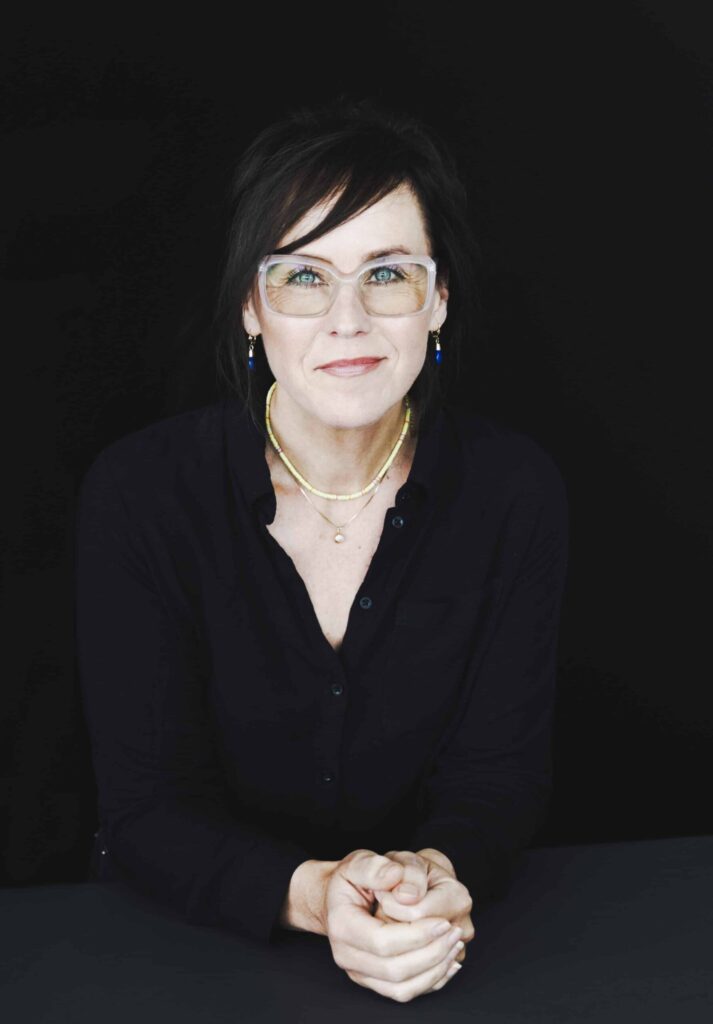[cs_content][cs_section parallax=”false” style=”margin: 0px;padding: 25px 0px 10px;”][cs_row inner_container=”false” marginless_columns=”false” style=”margin: 0px auto;padding: 0px;”][cs_column fade=”false” fade_animation=”in” fade_animation_offset=”45px” fade_duration=”750″ type=”2/3″ style=”padding: 0px;”][cs_text]On August 13 2013, I was a panelist at School of International Future’s annual retreat at Wilton Park, UK.
The world we live in is complex and changing rapidly. We are faced with unprecedented global and local challenges, which call for a strong inner compass of individuals and organisations, as we navigate our way into the 21st century. We not only need to anticipate what is on the horizon, we also need to know where we want to go as humanity.
Our vision and hope for a better world therefore becomes an important driving force, a guiding light, for the future ahead of us. Our vision for the future becomes our shared narrative for today’s world.
[x_blockquote type=”left”]The French artist, Henri Matisse once said that creativity takes courage. By the same token, going into the unknown future takes courage.[/x_blockquote]
How broadly and well we sense the world we live in therefore becomes a crucial skill, not only for planning, foresight and analysis, but also for how we wish to solve challenges with innovative mindsets and carve our way into the future.
In a world of speedy trends and distraction, our attention – how we pay attention to what we pay attention to and what we actually do with this information, becomes a niche for cutting edge leadership and innovation in all areas of the society.
This was my focus in the panel at SOIF’s 2013 retreat at Wilton Park.
In the panel with me was Leon Fuerth Director of The Project on Forward Engagement, Washington DC and author of Anticipatory Governance: Practical Upgrades. In his report, he writes about intuition and how this can be cultivated to improve public policy makers’ ability to allow different trends to merge together to perceive the bigger picture and better sense what is on the horizon.
Antti Kaski, the Director of Policy Planning and Research, at the Ministry for Foreign Affairs, Helsinki explained how future foresight was an integral part of the Finish MoFA. What I also found fascinating was the fact that after Wilton Park, his team were organising a ‘road trip’ for the Foreign Minister, who regularly drives around the country to discuss foreign policy with his countrymen. How I wish this was part of the programme of Iceland’s foreign minister. I think it would definitely help Icelanders understand the importance of foreign policy for a small country like Iceland.
The course
The School of International Futures offers brilliant courses for those who want to better understand how different futures may come about, and how to be in the best position to confront them.
The objective of the retreat was to give participants a real idea of how future trends and shocks will impact on the success or failure of today’s policy choices, and provided participants with tools and techniques to understand and shape the future of their own organisation and policy area.
Among participants were leading experts and policy-makers who are horizon scanning leaders for their governments or enterprises, heading up a strategic audit or global trends study, or are setting up their own in-house foresight unit. Here you can read about the programme.
Among speakers at the 2013 retreat were global trend experts and practitioners, including Mathew J Burrows, Michael Denison, Leon Fuerth, Arif Lalani and David Robson.
The panel
The panel I was in was called:
Anticipatory Governance. How do we integrate the futures approach in our day-to-day work? How to develop the strategic capability of our organisations and governments so that we can better harness foresight in our policy and decision-making processes?
With me on the panel were:
Leon Fuerth Director, The Project on Forward Engagement, Washington DC and author of Anticipatory Governance: Practical Upgrades.
Michael Denison Group Political Adviser, Government and Political Affairs, BP plc, London
Antti Kaski Director, Policy Planning and Research, Ministry for Foreign Affairs, Helsinki.
Chaired by Cat Tully Co-Founder, School of International Futures.
Briefly about Wilton Park
Since the first discussions on German post-war democracy took place in 1946, Wilton Park has pursued its objective to address and resolve global challenges to security, prosperity and justice. Wilton Park brings together leading representatives from the worlds of politics, diplomacy, academia, business, civil society, the military and the media, focusing on issues of international security, prosperity and justice.
Briefly about the School of International Futures
[x_video_embed type=”16:9″ no_container=”true”][/x_video_embed]2012 video intro um SOIF
The School of International Futures (SOIF) is an independent, not-for-profit organisation based in the UK but operating around the world. SOIF gives policy officials, business leaders, analysts and activists the tools and techniques to become better commissioners and users of strategic foresight.[/cs_text][/cs_column][cs_column bg_color=”hsla(0, 14%, 63%, 0)” fade=”false” fade_animation=”in” fade_animation_offset=”45px” fade_duration=”750″ type=”1/3″ style=”padding: 0px;”][x_share title=”Share this Post” share_title=”” facebook=”true” twitter=”true” google_plus=”false” linkedin=”true” pinterest=”false” reddit=”false” email=”true” email_subject=”Hey, thought you might enjoy this! Check it out when you have a chance:”][/cs_column][/cs_row][/cs_section][cs_section bg_color=”hsla(0, 36%, 74%, 0)” parallax=”false” style=”margin: 0px;padding: 0px 0px 45px;”][cs_row inner_container=”false” marginless_columns=”false” bg_color=”hsla(0, 29%, 81%, 0)” style=”margin: 0px auto;padding: 0px;”][cs_column fade=”false” fade_animation=”in” fade_animation_offset=”45px” fade_duration=”750″ type=”2/3″ style=”padding: 0px;”][x_line class=”pbn” style=”border-top-color: #b75e08;border-top-width: 2px;”][x_custom_headline level=”h2″ looks_like=”h3″ accent=”false” class=”pbm”]More News[/x_custom_headline][x_recent_posts type=”post” count=”3″ offset=”” category=”news” orientation=”horizontal” no_sticky=”true” no_image=”false” fade=”false” class=”pbl”][x_button type=”transparent” shape=”rounded” size=”global” block=”false” circle=”false” icon_only=”false” href=”https://www.hrundgunnsteinsdottir.com/category/news/” title=”” target=”” info=”none” info_place=”top” info_trigger=”hover” info_content=”” style=”float: right;”]all posts in news[/x_button][/cs_column][cs_column fade=”false” fade_animation=”in” fade_animation_offset=”45px” fade_duration=”750″ type=”1/3″ style=”padding: 0px;”] [/cs_column][/cs_row][/cs_section][/cs_content]


